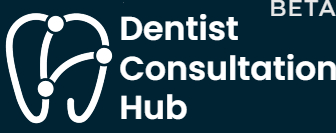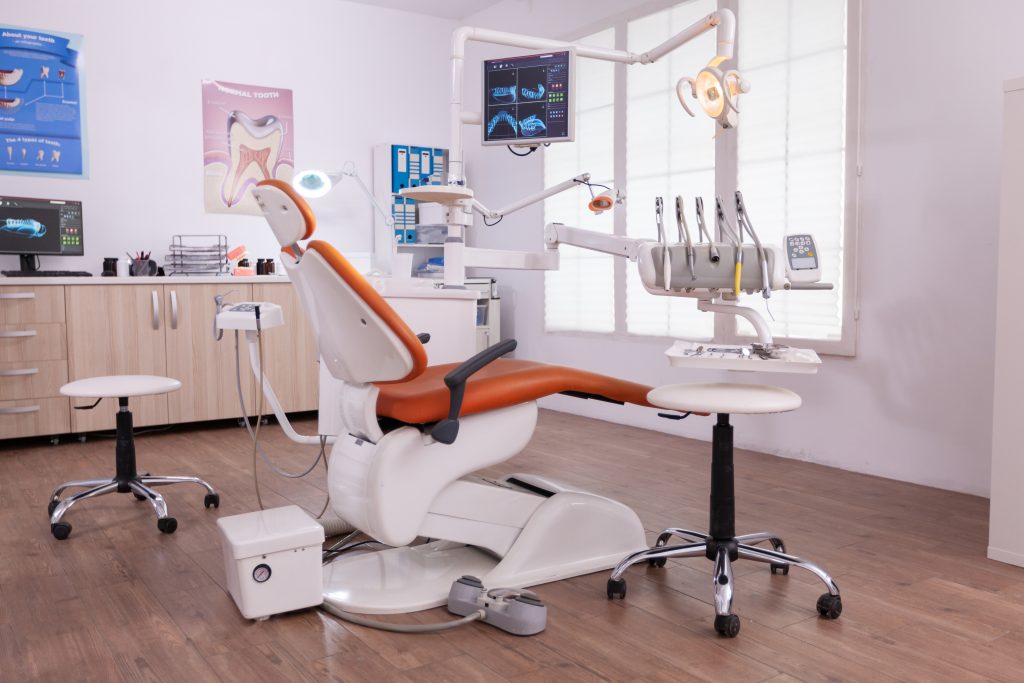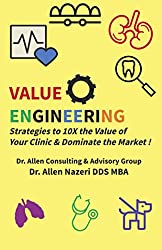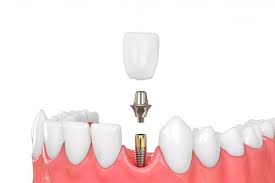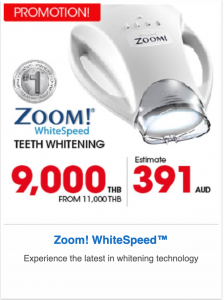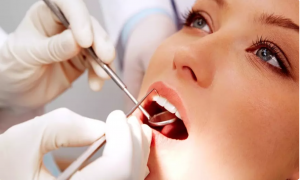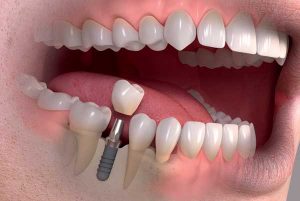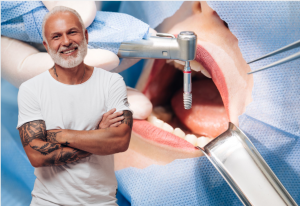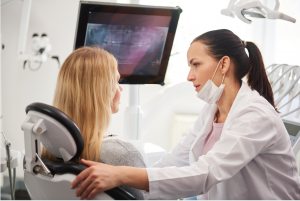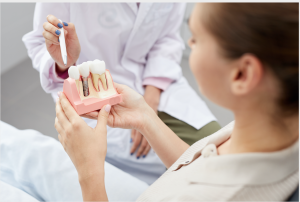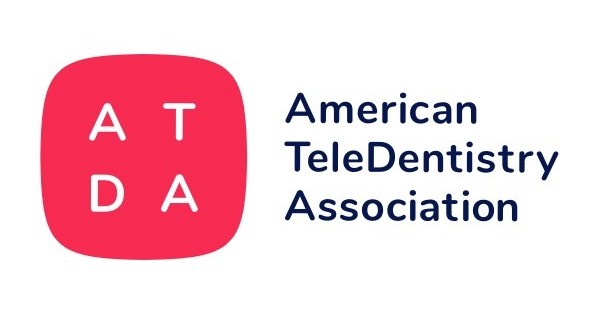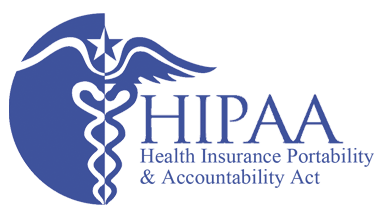The 99% of all dental clinics I consult with have no idea how to measure their Dental Chair Utilization Rate (DCUR) and do not know why they need to evaluate this number is essential.
Airlines refer to it as the ” Load Factor ” It is a measurable index of available seats that are filled with passengers. Hotels refer to it as occupancy rate. Knowing these numbers is an important Key Performance Indicator for a dental team as well. Generally, I hear dentists nagging at their front desk personnel when booked with too many patients or complain about not having enough patients. Knowing DCUR will help you establish a baseline, bring accountability to your team, and help everyone focus on improving it.
Dentists can only earn an income when their chairs are occupied by paying patients. I had a mentor, and he used to tell me, “Production stops when the mouth closes. ” This is a general simplification, but every dentist knows to earn any money as a clinician, they must be doing the dentistry in their operatories.
Higher DCUR rates often mean a higher gross production revenue. However, only looking at this rate independent of the amount of dentistry produced on an hourly basis can be misleading. Suppose your schedule is booked with many non-productive or low-producing procedures, such as a consultation, diagnosis, dental x-rays, post-ops, occlusal, or denture adjustments. In that case, it will mislead you to think that you have a high utilization rate.
How to Calculate the Dental Chair Utilization Rate?
Step 1
Begin by totaling all the available hours. This number typically relates to your clinic hours. To increase clinics’ capacity, you can increase working hours and increase available dental chairs. Let us assume you have a small three dental chair clinic, and you work Monday through Thursday from 8 am-5 pm, 20 days in any given month, 11 months in a calendar year.
Total Available Hours = Number of Dental Chairs (3) X Number of Hours Available (8) x Number of Days (20) x Number of Months (11) = 5280 hours.
Step 2
Calculate how many hours your dental chairs were filled with patients. At this point, you can ignore the type of procedures and if those hours filled were productive hours. To calculate this step, go back and look at your schedule for the same period as step 1, one year. ( If you are a new practice, go back as far as possible, but be sure it is the same period as step 1 .)
Total Utilized Chair Time = Number of Dental Chairs (3) x Number of Used Chair Time Hours ( 4) x Number of Days (20) x Number of Months (11) = 2640 hours.
Step 3
Take the figure in step 2, divide it by the number in step 3 and multiply by 100% to get your clinic’s Dental Chair Utilization Rate.
Total Utilized Chair Time ( 2640 hrs ) / Total Available Hours (5280) X 100% = 50%
Now that you have established the DCUR baseline number, you can communicate more intelligently with your team and focus on increasing the DCUR. Knowing this number can help you decide on things like:
marketing activities, office hours, staff scheduling, office expansion, new dental chair, etc. DCUR is one of the essential KPI numbers and often is ignored. Establishing proper KPIs allow us to adjust the management dial within our practices to achieve our desired goals.
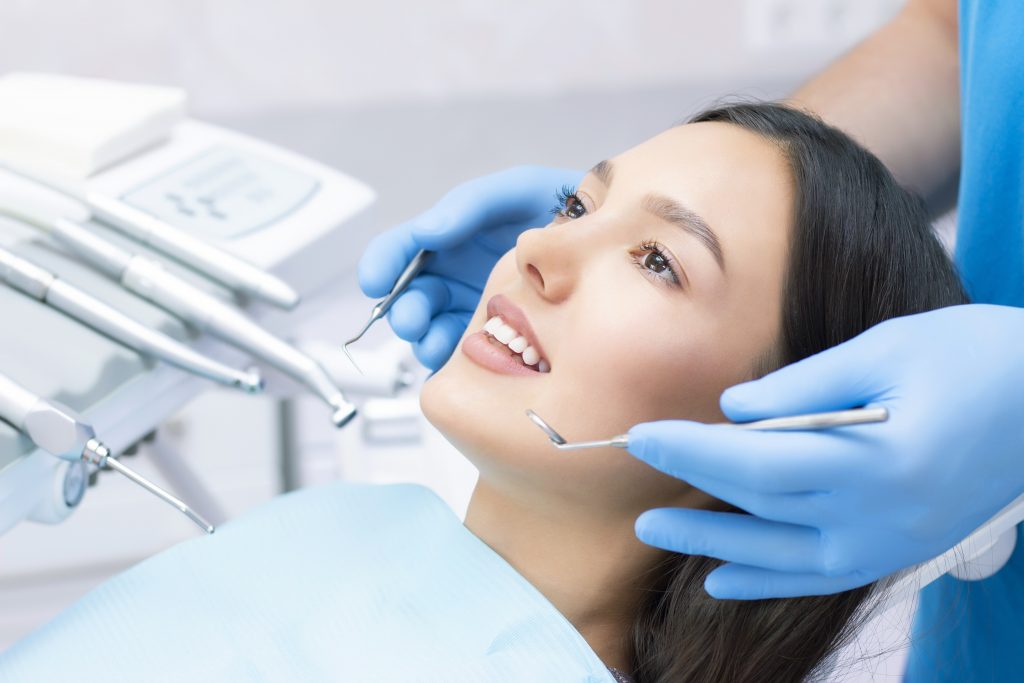
How to increase our Dental Chair Utilization Rate?
Our goal must always be to increase DCUR. However, improving the DCUR rate without assessing our hourly productivity rate can be detrimental to our bottom line. Imagine having 80% DCUR, but your chair is filled with unproductive consultation appointments, denture adjustments, and repairs or bracket replacement. This is one reason your team must understand proper scheduling techniques such as the rock, sand, and water concept. To learn more, click here.
The following are some suggestions as to how to increase DCUR in your practice:
1- Reactivating patients. For example, ask your team to contact all patients with pending treatments. Ask them to reach all patients who have received a denture, within the past two years and invite them back to see if they require a reline and assess how much bone they may have lost due to wearing a removable prosthesis. You can ask your dental hygienist to recall all dental hygiene and periodontal patients.
2- Form a strategic partnership and alliance. In my book, Value Engineering, 10X the Value of your clinic and dominate the market, I dedicated a chapter to this subject. Becoming intentional about finding a strategic partner who can derive patients to your clinic is extremely important. Signing up with dental insurance companies is one form of a strategic partnership, which many dentists often overlook negatively. However, it can increase your DCUR. Other collaborations include working with SmileDirectClub and Zenyum, which help practices grow with more patients. You could form an alliance with medical groups or hospitals where they can refer more patients. Many dentists often ignore these valuable cooperations because they don’t understand enough about the value offerings.
3- Sign up on DentistConsultationHub platform. Find patients shopping for treatment and begin giving them price quotes. One of the reasons I founded the company as the first online platform is to move all consultation activities and quotes from the dental chair to online. This allows dentists to save chair time for more productive procedures than discussing treatment plans and fees. Dentists can begin treatment immediately as patients are only committed to a plan before arriving at the office.
4- Offline Marketing Activities. These will include things like holding on-site or offsite seminars, attending rotary and other social clubs.
5- Online Marketing Activities. Social media has made it easy for dentists to promote their clinics and treatments to many patients. If you have a good understanding of your patient acquisition cost ( PAC) and LTV (lifetime value ), you can invest in paid marketing activities to increase DCUR.
6- Team training and development. Communication mastery can have a significant impact on improving DCUR. More trained you and your team become in verbal communication, a higher rate of case acceptance and conversion can be realized, increasing DCUR. Two main areas are when a patient is inquiring about service and being presented with a treatment.
As you can see, DCUR can be used as a KPI baseline to help you and your team to map out a growth strategy and derive more patients to the clinic. However, DCUR must be analyzed with other numbers such as hourly production rate, procedure breakdown, and profitability index to make sense of the clinic’s overall health and build a performance-based culture within your dental clinic.
